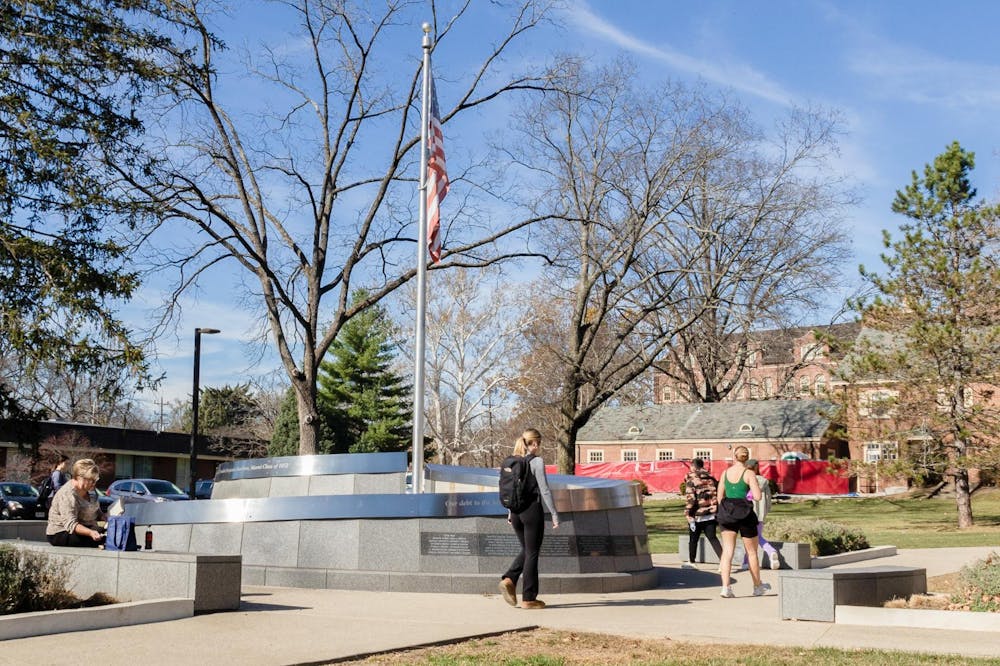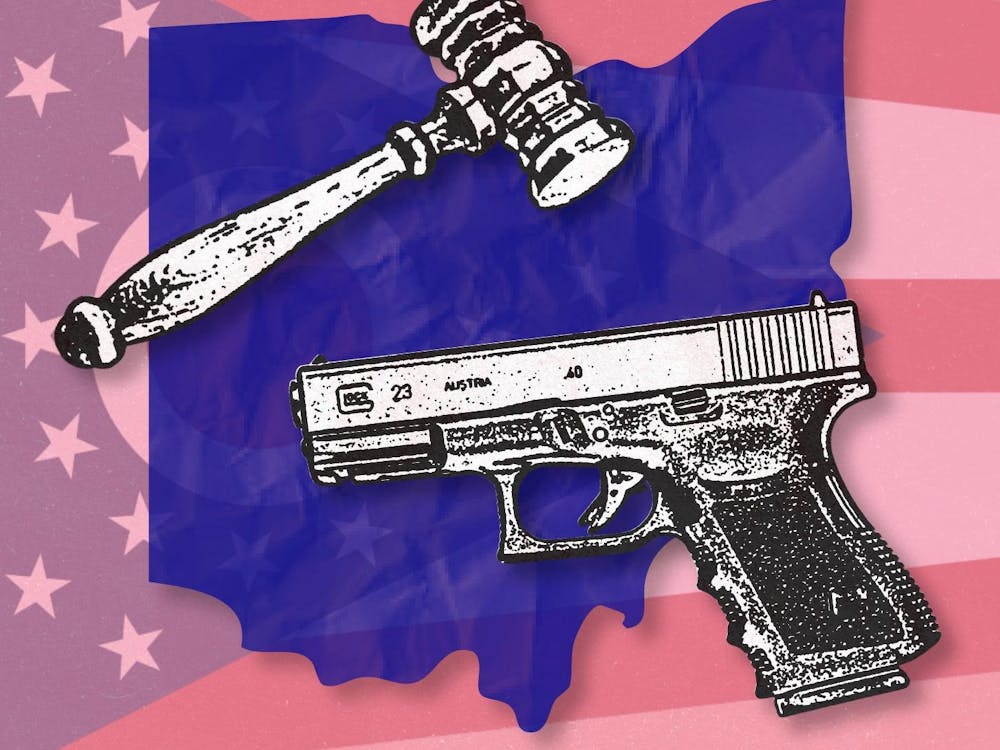The phrases “old girlfriend” or “old boyfriend” often bring back a flood of emotion for millions of people who endured romance early in their lives. These once important people fade into the memory of what could have been, and they are rarely ever physically seen again.
So, it was somewhat of a surprise to me when, 10 years ago, Donna called to say that her father, Gary Hanson, wanted to see me after an absence of 50 years. After thoughtful consideration, I agreed to take a ride with her to Gary’s home in New Richmond, Ohio.
On the way, we caught up with what 50 years of life had presented since our attraction to each other in high school. Donna shared that her father was a WWII Army veteran and that he had been a POW in Germany. This was quite a surprise to me, as I had only known him as the fun-loving father of my girlfriend who played the saxophone. Donna also shared that her parents had divorced in the intervening years, and her father had a second family.
Gary warmly greeted us both, and then, quickly, said to me, “I thought about you a lot when I heard you had gone to Vietnam, and I was concerned about you.”
I shared with Gary some of my Vietnam story with the 101st Airborne Division in 1969 and 1970, and I then asked him to share some of his WWII experiences. He disappeared into another room and came back and sat down with a manuscript.
“Let me read to you about some of my experiences,” Gary said. “I was with the Army’s 422nd Service Company as a truck driver. We were surrounded by the Germans in the Battle of the Bulge. I was with the group of men who were with Colonel Deschena. He surrendered to the Germans on December 20, 1944. The next day, we began our march into Germany.
We were locked into box cars on December 23rd near Gerolstein. It was a clear, cold day on December 24, and our train was strafed by the Allied Air Force. They did not know about us being on the train. There were a number of POW’s killed and wounded. It was rough seeing so many injured just lying there with no medical attention. The Germans didn’t seem to care at all. I was spared with no injuries.
My group spent the next three or four days on the train before we arrived at Stalag 8-A near Gorlitz on New Year’s Eve. We stayed at this camp until February 14, 1945. There was very little food for this entire time with zero-degree temperatures.
We then walked about 15 miles a day, staying in abandoned buildings at night. We got a loaf of bread on many of these days that had to be shared with six or seven men. This forced march lasted until late March, when we were put in a small, pre-fab, concrete building near Braunschweig.
On April 9th, we began to hear sounds of battle. On April 10th, 11th and 12th, we marched east and stayed in barns. Then on April 13, 1945, we were liberated by US Army 2nd Armored personnel. The next day, we were taken to a German airfield, loaded onto C-47s and flown to safety.
I came back to the States aboard the Liberty Ship, Marine Devil. Eventually, I was stationed in Miami Beach in Special Services, playing saxophone in a G.I. orchestra. I was discharged from the Army on December 5, 1945.”
On the drive back from Gary’s home, Donna said, “I don’t think he has ever shared what he just told you with anyone.”
Enjoy what you're reading?
Signup for our newsletter
Gary passed away a few years after our conversation at 96. Author Ralph Waldo Emerson described Gary much better than I could ever have when he wrote, “Peace has victories; but it takes brave men and women to win them.”
Lee Fisher is an Oxford resident, a Miami Grad and a Vietnam veteran. He has been an in-class student at Miami since 2014.
At The Student, we are committed to engaging with our audience and listening to feedback. This includes publishing a diverse array of guest editorials. For more information on guidelines and processes, email Taylor Powers, The Student's opinion editor, at powerstj@miamioh.edu.



